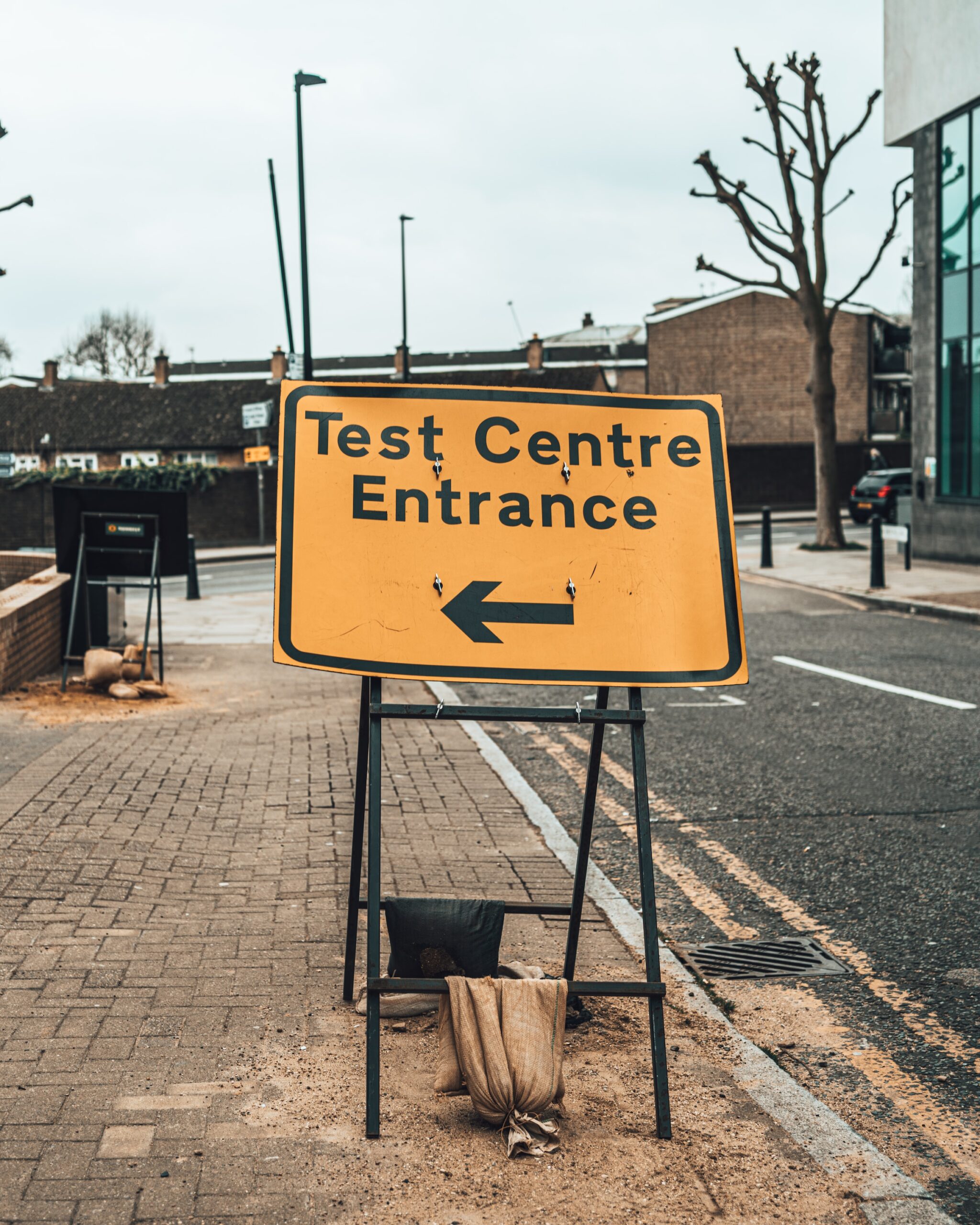Source: Freedom News, 19 December, 2021
In the early days of the pandemic, Freedom put out a call to found mutual aid groups for helping people struggling under lockdown, which went spectacularly viral. Anna K, one of the original organisers of the phenomenon, reflects on lessons learned.
Back in April 2020, I offered five thoughts on the successes and failures of Covid Mutual Aid groups springing up nationwide:
- Most ‘aid’ being offered was mostly a volunteer shopping service and didn’t challenge the state or capital.
- Some groups were aiming beyond commodity exchange, with acts of direct economic redistribution, free provision of supplies and mobilising to resist evictions.
- Even “shopping service” groups offered real material help to tens of thousands, many of whom were battling for their survival thanks to the crypto-eugenics of the government’s response.
- Local mutual aid groups helped to build — at incredible speed — links of friendship and solidarity worn away by 40 years of racist neoliberalism.
- We could push mutual aid groups in a liberatory direction by promoting democratic structures, connecting with other struggles and promoting forms of aid and solidarity beyond shopping.
I largely stand by this today. Covid mutual aid did a fantastic job of escaping the usual insular bubbles of the far left, forging connections between people who inhabited the same geographic area but who lacked a shared political identity and often had little reason to interact.
This was not without problems. Racism, ableism and class domination were rampant in many groups, while local authorities — particularly Labour councillors — tried to sabotage and/or co-opt efforts outside their direct control. Nonetheless, the localised, non-bureaucratic nature of these groups let them establish and meet people’s material needs much more quickly and effectively than state agencies or corporate charities.
Too many however — including groups in which I was involved — fell into a depoliticised service model, in which one group of volunteers helped another, distinct grouping by doing their shopping in supermarkets (which exploit workers and suppliers, damage the environment etc). Without a wider political vision many groups struggled to maintain themselves beyond the “peak” of the first pandemic wave.
Perhaps most damningly, while the rise of mutual aid groups shamed both government and the third sector, we failed to transform this into a clearly articulated critique of the government’s handling of the pandemic, let alone a movement capable of opposing it. Instead of raising collective consciousness, Covid “mutual aid” was all too easily assimilated into the nationalist “Blitz spirit” narrative. Indeed, the cynically minded might argue that Covid mutual aid came painfully close to the Red Tory dream of a “big society” filling the space left by a retreating state (in fact between print and online publication of this article of this article both liberals and Tories tried on exactly that idea).
None of this is to suggest we shouldn’t have bothered or that we shouldn’t direct our energies into mutual aid projects. Climate change all but guarantees we will face more “once in a generation” disasters, which makes expanding mutual aid projects less a question of tactics than necessity (as Eshe Kiama Zuri pointed out in gal-dem, this has always been the case for oppressed groups). When it comes to mass mutual aid projects, we thus have little choice but to follow Beckett’s injunction: Try again. Fail again. Fail better.
Talking politics
In some mutual aid groups, we were so keen to avoid becoming a leftist echo chamber that we strived to not appear too “political” for fear of putting people off. Instead, we resolved to introduce politics at a later date or, even worse, thought we didn’t need to, trusting that the “inherently” political nature of mutual aid would move people towards an oppositional, liberatory vision.
As the last year has shown, this was naive on our part. The “good” moment to bring up politics never came and insofar as there was a trajectory it was towards charity, not solidarity.
This was compounded by the urgency of the crisis and high levels of need. Even in my ultra-local south Lewisham group, we were fielding so many requests for food and prescriptions that we had little to no time to think critically and, in our stress and exhaustion, it was all too easy to fall into a service provision model.
If we are to avoid such pitfalls in future, we cannot wait until the peak of the next crisis. We must use (relative) lulls in our disastrous present to establish local groups whose commitment to an emancipatory anti-capitalist mutual aid is written into their organisational DNA, so when the disaster comes, they can respond quickly and effectively without degenerating into a DIY third sector.
To build these organisations, we must commit to having long, sometimes difficult, conversations about politics. While once it was the aim of the revolutionary left to engage in these, today it often seems like we’ll do anything to avoid them. The limits of the Covid mutual aid movement show this cannot continue. If we are to build revolutionary class consciousness, we cannot ground our organising in a supposedly neutral fantasy of “helping those in need” but only in a collective desire for a better world. To kindle this desire we must reach out to those we do not know, with whom we do not necessarily identify, and begin talking. Not only about how bad things are, but also how much better they could be.
